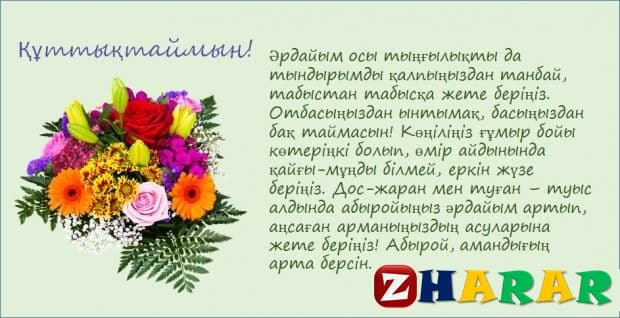

In a widely circulated, Dzongsar Khyentse has opened a door on a much needed conversation. His courage (and outrage) led him to say publicly what many people have observed and felt privately. How tulkus are raised is one of the many challenges that Buddhist teachers face today in balancing the traditional with the modern. Yet Khyentse touches on just the tip of the proverbial iceberg. In focusing on the deficiencies in the ways many tulkus are trained and the seeming exploitation of them for economic and political advantage, he does not take into account the origin, evolution, and place of the tulku system in Tibetan culture as a whole. “Tulku” is the Tibetan word for nirmanakaya, the form aspect of a buddha.
In modern times the term has come to refer to a person who is recognized as the reincarnation of a former spiritual teacher. The tulku system is unique to the Tibetan tradition of Buddhism. Broadly speaking, it is a system of identifying and developing spiritual talent to provide for the continuity of the tradition, control of real estate, multiple revenue streams, and the assurance that the gods are alive and well and part of the society they oversee. It is a brilliant solution to this complex of challenges, but it worked only in the isolated society of pre-diaspora Tibet. Dzongsar Khyentse’s criticism of the current training of tulkus is but one manifestation of the difficulties that traditional cultures have when transitioning to the modern world. Any lineage must ensure continuity from generation to generation. For a variety of reasons, many societies have chosen to have lineage, authority, and property pass from father to son or from parent to child.

Rulers and leaders all over the world generally like to keep things in the family and in Tibet.  (1012-1097), for instance, intended that his son, Dharma Dode, take over his spiritual lineage as well as his property. Only when Dharma Dode was killed in a riding accident did Marpa acknowledge Milarepa as one of his spiritual heirs. The father-son succession, however, does not work in a monastic system with celibate teachers. Thus, Tibetan ruling families adopted an uncle-nephew succession: the abbot’s successor was his eldest brother’s eldest child. When an abbot died, his nephew was hailed as the late uncle’s tulku or reincarnation.
(1012-1097), for instance, intended that his son, Dharma Dode, take over his spiritual lineage as well as his property. Only when Dharma Dode was killed in a riding accident did Marpa acknowledge Milarepa as one of his spiritual heirs. The father-son succession, however, does not work in a monastic system with celibate teachers. Thus, Tibetan ruling families adopted an uncle-nephew succession: the abbot’s successor was his eldest brother’s eldest child. When an abbot died, his nephew was hailed as the late uncle’s tulku or reincarnation.
Tanikgazetesi has the lowest Google pagerank and bad results in terms of Yandex topical citation index. Changed at March 26, 2017: Registrar and Status. Registar: ENOM, INC. Status: clientTransferProhibited. Registrar-lock* In Other TLDs. Tanikgazetesi.net; Similar Domain Names.
Again, this is not what the word “tulku” actually means but what it has come to mean. The uncle-nephew succession survives to this day in the Sakya lineage. Not all nephews wanted the role. (1143-1216), the third patriarch in the Shangpa tradition, wanted to devote his life to meditation. After being named the successor after his uncle’s death, Kyergangpa went against the wishes of the monastery and withdrew to a nearby cave. The monks were so angry that they threw stones at him whenever he tried to leave for food and supplies—an attempt to starve him into submitting to his culturally ordained role.
The best place to download Cambridge English Official IELTS 6 with answers (PDF +Audio) free, quickly and easily. Free Download Cambridge IELTS 1 - 12 With PDF, Audio, And All Answers without any problems or error in safe and easy way for academic and general. Cambridge ielts book 6 listening mp3 free download. Stream Cambridge IELTS 6: CD1 and CD2, a playlist by ielts6 from desktop or your mobile device. Download on the App Store Get it on Google Play. Cambridge IELTS 6.pdf + mp3 audio free download Online GRE Revised, GRE Online,All about Revised GRE, free GRE Books pdf download,GRE Tests online, GRE vocabulary,GRE Quantitative questions,free GRE Videos online,GRE Study Guide,gre practict.
- Author: admin
- Category: Category